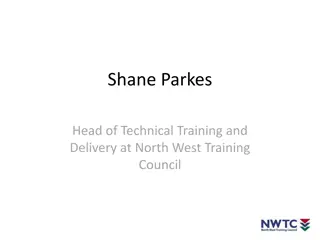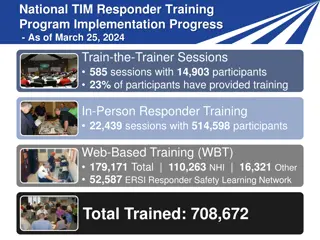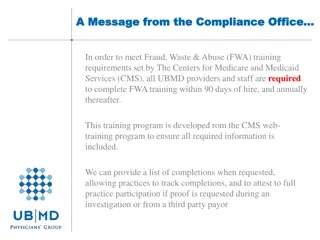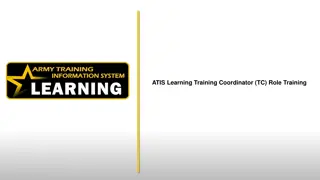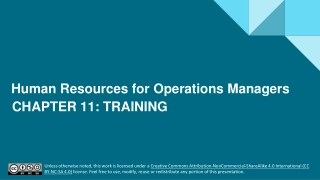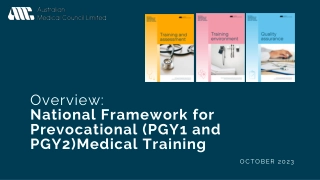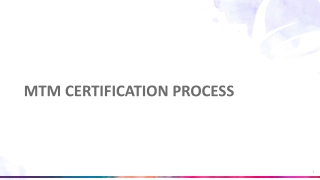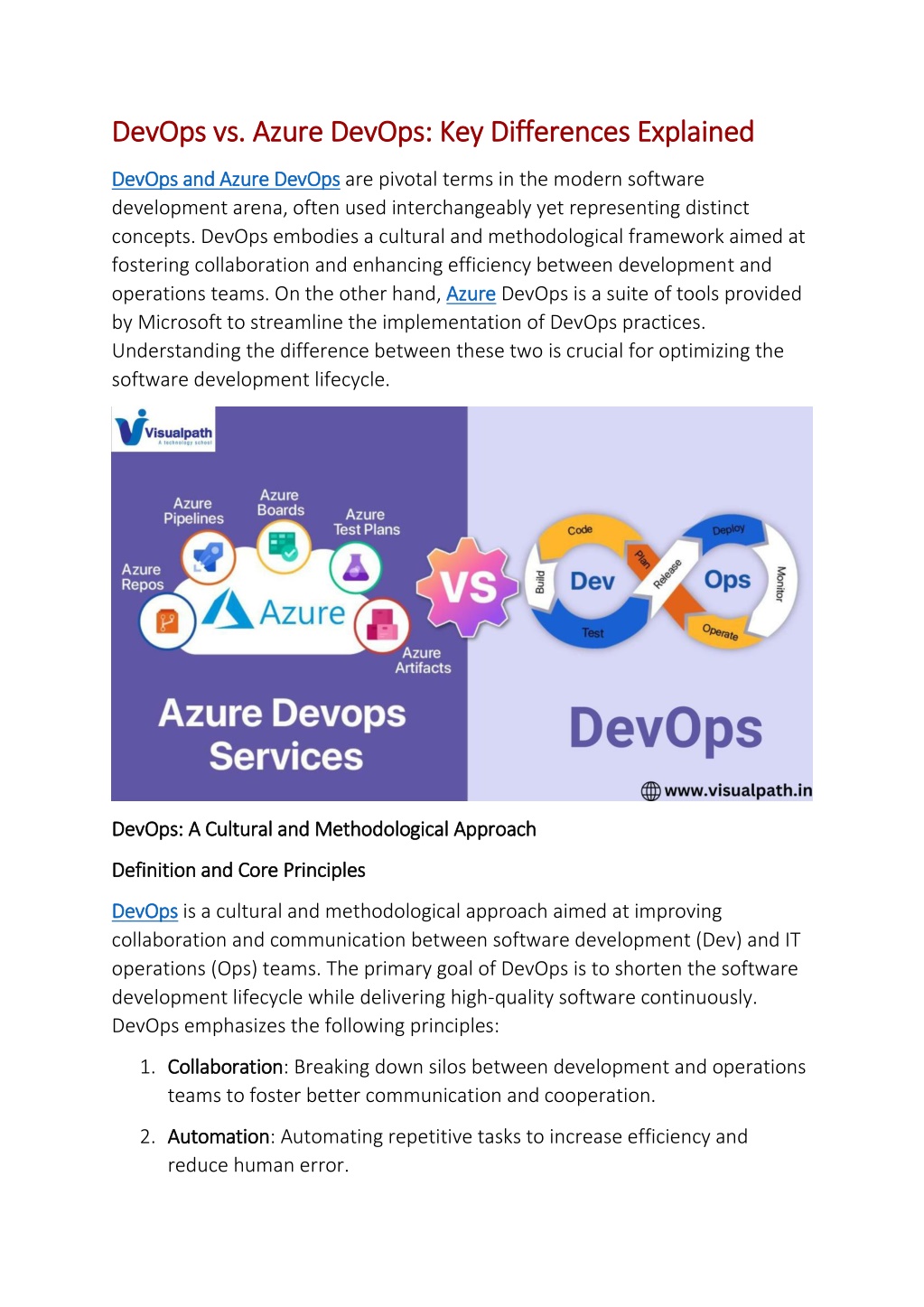
DevOps Training | DevOps Online Training
Best Online Training Institute Visualpath is the best DevOps Training Institute in Hyderabad and provides Training to individuals globally in the USA, UK, Canada, and Dubai, we provide Online AWS DevOps Training by real-time faculty with course mater
- DevOpswithAWS
- Visualpath
- devopsengineer
- softwaretraining
- linux
- LinuxAdministration
- awscloud
- clouds
- learning
- eductaion
- terraform
Download Presentation
Please find below an Image/Link to download the presentation.
The content on the website is provided AS IS for your information and personal use only. It may not be sold, licensed, or shared on other websites without obtaining consent from the author. Download presentation by click this link. If you encounter any issues during the download, it is possible that the publisher has removed the file from their server.
Presentation Transcript
DevOps vs. Azure DevOps: Key Differences Explained DevOps vs. Azure DevOps: Key Differences Explained DevOps and Azure DevOps DevOps and Azure DevOps are pivotal terms in the modern software development arena, often used interchangeably yet representing distinct concepts. DevOps embodies a cultural and methodological framework aimed at fostering collaboration and enhancing efficiency between development and operations teams. On the other hand, Azure Azure DevOps is a suite of tools provided by Microsoft to streamline the implementation of DevOps practices. Understanding the difference between these two is crucial for optimizing the software development lifecycle. DevOps: A Cultural and Methodological Approach DevOps: A Cultural and Methodological Approach Definition and Core Principles Definition and Core Principles DevOps DevOps is a cultural and methodological approach aimed at improving collaboration and communication between software development (Dev) and IT operations (Ops) teams. The primary goal of DevOps is to shorten the software development lifecycle while delivering high-quality software continuously. DevOps emphasizes the following principles: 1.Collaboration Collaboration: Breaking down silos between development and operations teams to foster better communication and cooperation. 2.Automation Automation: Automating repetitive tasks to increase efficiency and reduce human error.
3.Continuous Integration and Continuous Deployment (CI/CD) Continuous Integration and Continuous Deployment (CI/CD): Ensuring that code changes are automatically tested and deployed, leading to faster delivery cycles. DevOps Training DevOps Training 4.Monitoring Monitoring and Logging infrastructure to detect and resolve issues promptly. and Logging: Continuously monitoring applications and 5.Infrastructure as Code (IaC) Infrastructure as Code (IaC): Managing and provisioning computing infrastructure through machine-readable scripts, rather than manual processes. Ke Key Benefits y Benefits Improved Collaboration Improved Collaboration: Enhanced communication between teams leads to more efficient workflows. Faster Time to Market Faster Time to Market: Automated processes and CI/CD pipelines enable quicker releases. Higher Quality Software Higher Quality Software: Continuous testing and monitoring ensure that issues are identified and resolved early. Scalability and Flexibility Scalability and Flexibility: IaC allows for more scalable and flexible infrastructure management. Azure DevOps Azure DevOps: A Comprehensive DevOps Toolset : A Comprehensive DevOps Toolset Definition and Overview Definition and Overview Azure DevOps Azure DevOps is a suite of development tools and services provided by Microsoft to support the entire software development lifecycle. It is designed to facilitate the implementation of DevOps practices by providing a comprehensive set of tools for planning, developing, testing, delivering, and monitoring applications. Azure DevOps includes several key components: 1.Azure Boards Azure Boards: Agile tools for planning, tracking, and discussing work across teams. 2.Azure Repos Azure Repos: Source control repositories that support Git and Team Foundation Version Control (TFVC). 3.Azure Pipelines Azure Pipelines: CI/CD services that support building, testing, and deploying code to any platform.
4.Azure Test Plans Azure Test Plans: Automated and manual testing tools to ensure quality and performance. DevOps Training Online DevOps Training Online 5.Azure Artifacts Azure Artifacts: Package management for Maven, npm, and NuGet package feeds from public and private sources. Key Benefits Key Benefits Integrated Toolset Integrated Toolset: Seamless integration with other Azure services and third-party tools. Scalability Scalability: Scalable infrastructure that can handle projects of any size. Security Security: Adherence to industry standards and integrated security mechanisms. Flexibility Flexibility: Support for various programming languages, platforms, and frameworks. Collaboration Collaboration: Enhanced collaboration tools that align with DevOps principles. Comparing DevOps and Azure DevOps Comparing DevOps and Azure DevOps Scope and Application Scope and Application DevOps DevOps: A broad cultural and methodological framework applicable to any organization regardless of the specific tools used. It focuses on principles and practices that improve collaboration, automation, and continuous delivery. Azure DevOps Azure DevOps: A specific set of tools provided by Microsoft to implement DevOps practices. It is a platform that enables teams to adopt DevOps methodologies effectively. Toolsets and Ecosystem Toolsets and Ecosystem DevOps DevOps: Involves using a variety of tools from different vendors to achieve DevOps goals. Common tools include Jenkins for CI/CD, Docker for containerization, Kubernetes for orchestration, and Prometheus for monitoring. AWS DevOps Training AWS DevOps Training Azure DevOps Azure DevOps: Provides an integrated suite of tools under one platform, streamlining the DevOps process. It offers native support for Azure
services and integrates well with popular tools like GitHub, Docker, and Kubernetes. Adoption and Implementation Adoption and Implementation DevOps DevOps: Requires a cultural shift and buy-in from all levels of the organization. It involves redefining processes, roles, and responsibilities to align with DevOps principles. Azure DevOps Azure DevOps: Facilitates the adoption of DevOps practices by providing a ready-to-use platform. It simplifies the implementation process, especially for organizations already using Azure Azure services. Conclusion Conclusion DevOps DevOps is a cultural and methodological approach that emphasizes collaboration, automation, and continuous delivery to improve the software development lifecycle. Azure DevOps, on the other hand, is a comprehensive suite of tools provided by Microsoft to help organizations implement DevOps practices. While DevOps represents the "what" and "why," Azure DevOps provides the "how" by offering a robust toolset to streamline and enhance the DevOps process. Both are essential in the modern IT landscape, with DevOps setting the foundation for efficient practices and Azure DevOps providing the tools to execute them effectively. DevOps Online Training DevOps Online Training Visualpath is the Leading and Best Software Online Training Institute in Visualpath is the Leading and Best Software Online Training Institute in Hyderabad. Avail complete Hyderabad. Avail complete DevOps Training DevOps Training Worldwide. You will get the best course at an course at an affordable cost. affordable cost. Worldwide. You will get the best Attend Free Demo Attend Free Demo Call on Call on - - +91 +91- -9989971070. 9989971070. WhatsApp WhatsApp: : https://www.whatsapp.com/catalog/917032290546/ https://www.whatsapp.com/catalog/917032290546/ Visit Visit https://www.visualpath.in/devops https://www.visualpath.in/devops- -online online- -training.html training.html



